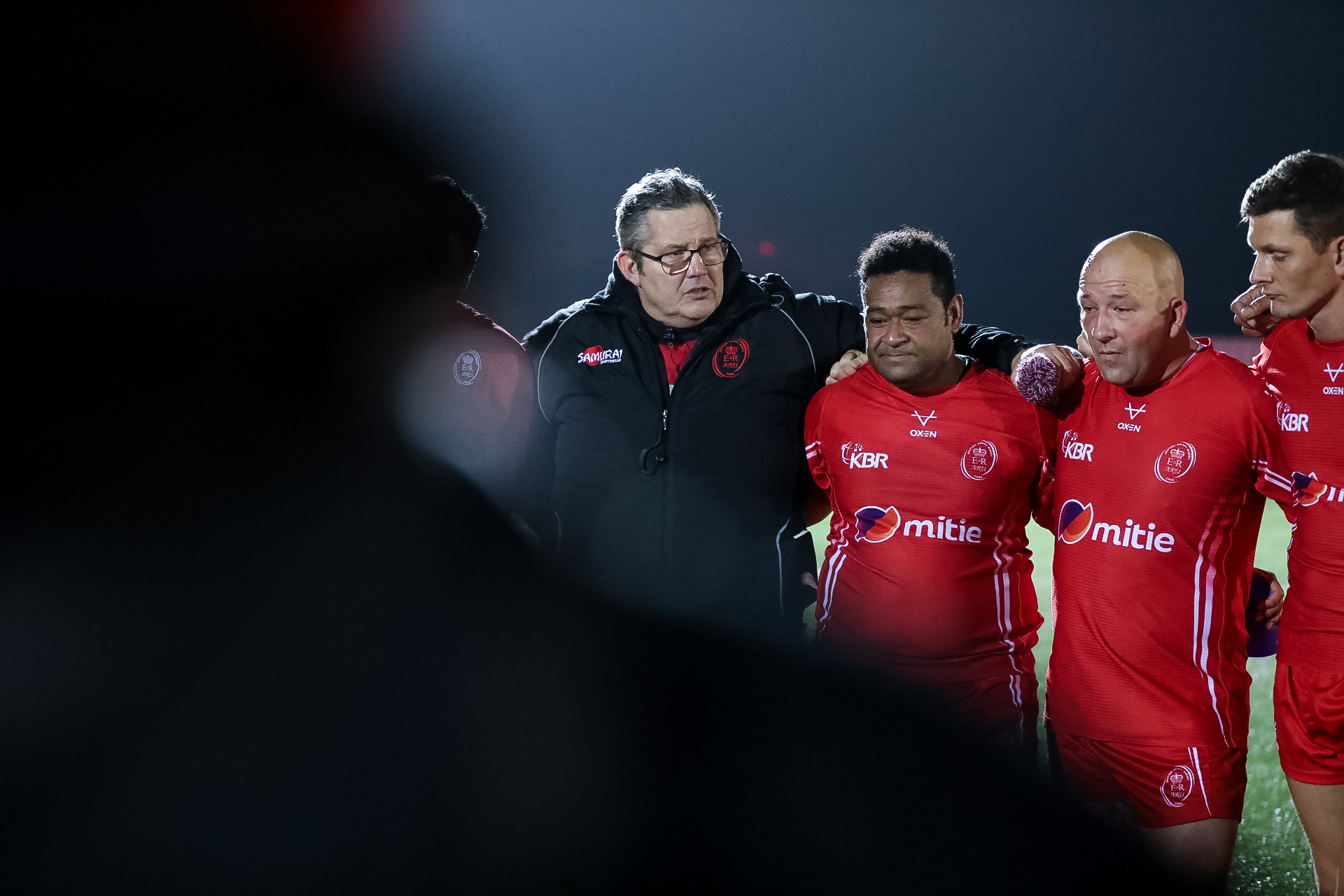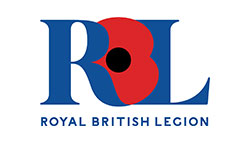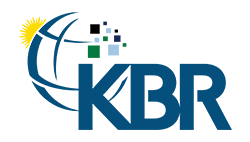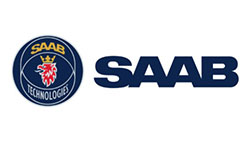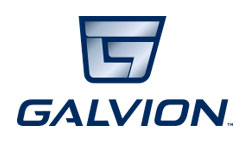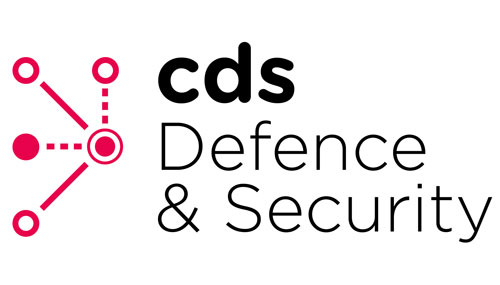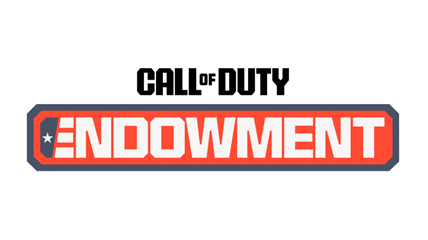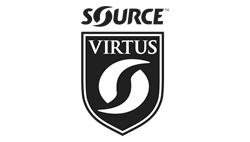Capt Mark Eastley (RE) is planning for a memorable few months for the Army Masters team.
Capt Eastley took over as head coach at the start of the season, stepping up from the role as forwards coach he held during the successful Inter-Services Championship campaign last spring.
With wins over the Pacific Islanders and HM Prison Service already in the team’s results column in November and December, and with more games pencilled in against the English Fire Brigade and Army Scotland as well as ambitious clubs North Petherton and Camberley before the big matches come around against the Royal Air Force and Royal Navy, Capt Eastley believes that the group is in a good place.
“It’s a good challenge,” he says. “Everything we’ve done up until Christmas has been about selecting the squad which goes forward, and I think we’ve seen in the region of about 65 different people who’ve put their hat into the ring.
“So it’s been a challenge in that one, giving people the right opportunity to show their wares, and two, identify those who will fit into the right style of play to narrow it down into a group of 30. We’re looking at eight to 10 new caps this year potentially, and we’ve constantly got to find that churn.”
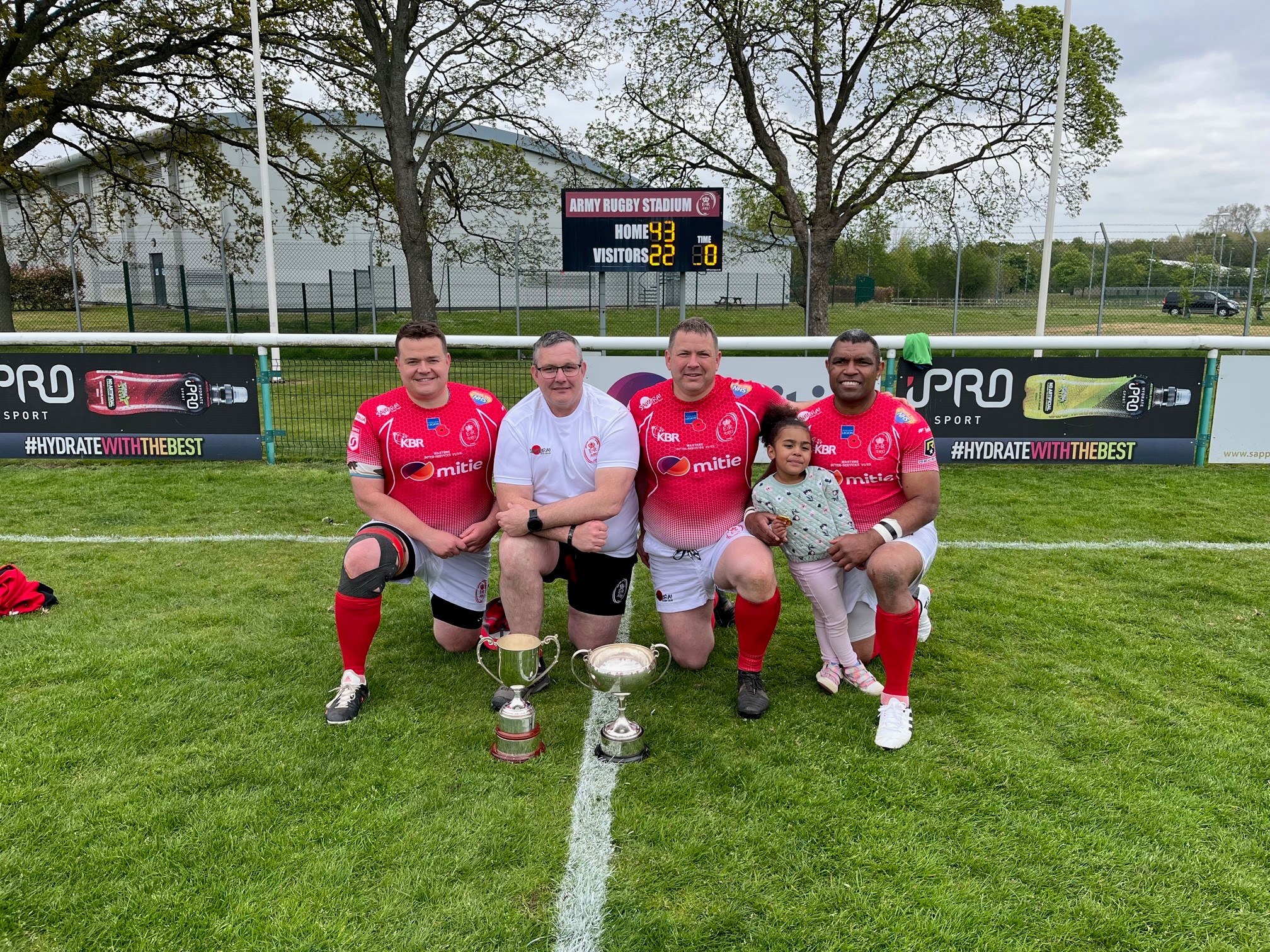
The culmination of a successful season – after the 2022 Army Masters v Navy Mariners game with the match winning and Inter Service trophies.
Image provided by Mark Eastley
2022’s successes were reflected in having more players put their hands up for consideration in the open trial back in October, but perhaps the biggest change from last season has been in the structure of the fixture list, with a reduction in invitational opposition and more substantive matches in the new year.
“Those fixtures are now firmly part of identifying our talent and player base, and they are hard games,” says Capt Eastley. “The Pacific Islanders can still be a bit hit and miss, but they’re a really physical side and it’s a great game, because you see those who step up and who shy away from it.
“The Prison Service, a lot of them are boys from the Valleys who play a decent Welsh national league standard, and they generally have a good team who deserve to be taken seriously. Normally we’ve had them the other side of Christmas, so having them earlier put a bit more pressure on our players, and because we played them at the Arms Park it was a standout because of where it is.
“The players have stepped it up and I think we are in a better place this year than we were last year.
“We’ve set the bar now. We’ve changed our style of play, our attacking shape and defensive posture all in two games, and you saw in the Prison Service game that starting to come through. That’s only going to get stronger the more time we have together as a squad.”
The game against Army Scotland comes at the end of a training camp for the squad, which in itself will be an important piece in the preparation jigsaw, with the head coach commenting: “I’ve identified the first three games to bring in parts of the game that I want to look at and change. The Scotland camp is our chance to refine it. Hopefully we’ll be able to put out a strong team and they will ask questions of us, which is great because we can take that forward and identify any lessons to learn.”
The Inter-Services Championship build-up will come to a head against North Pemberton (Level 6) and Camberley (Level 5 and gunning for promotion). Capt Eastley says that run-outs against club teams are important not just because their teams have been training and playing together all season, but because they also raise their own games against the red shirts.
“I think they do,” he comments. “I know we played Havant last year, who absolutely loved it, and while we were on the wrong end of the result we learned an awful lot out of that game. Our players didn’t give in, we kept fighting, and there’s always an issue when you come up against club sides who train together two times a week and are really well drilled. That tests our defensive effort and mental mindset, which is great. I do think they up their game; they don’t view it as a Masters game, they’re playing the Army.”
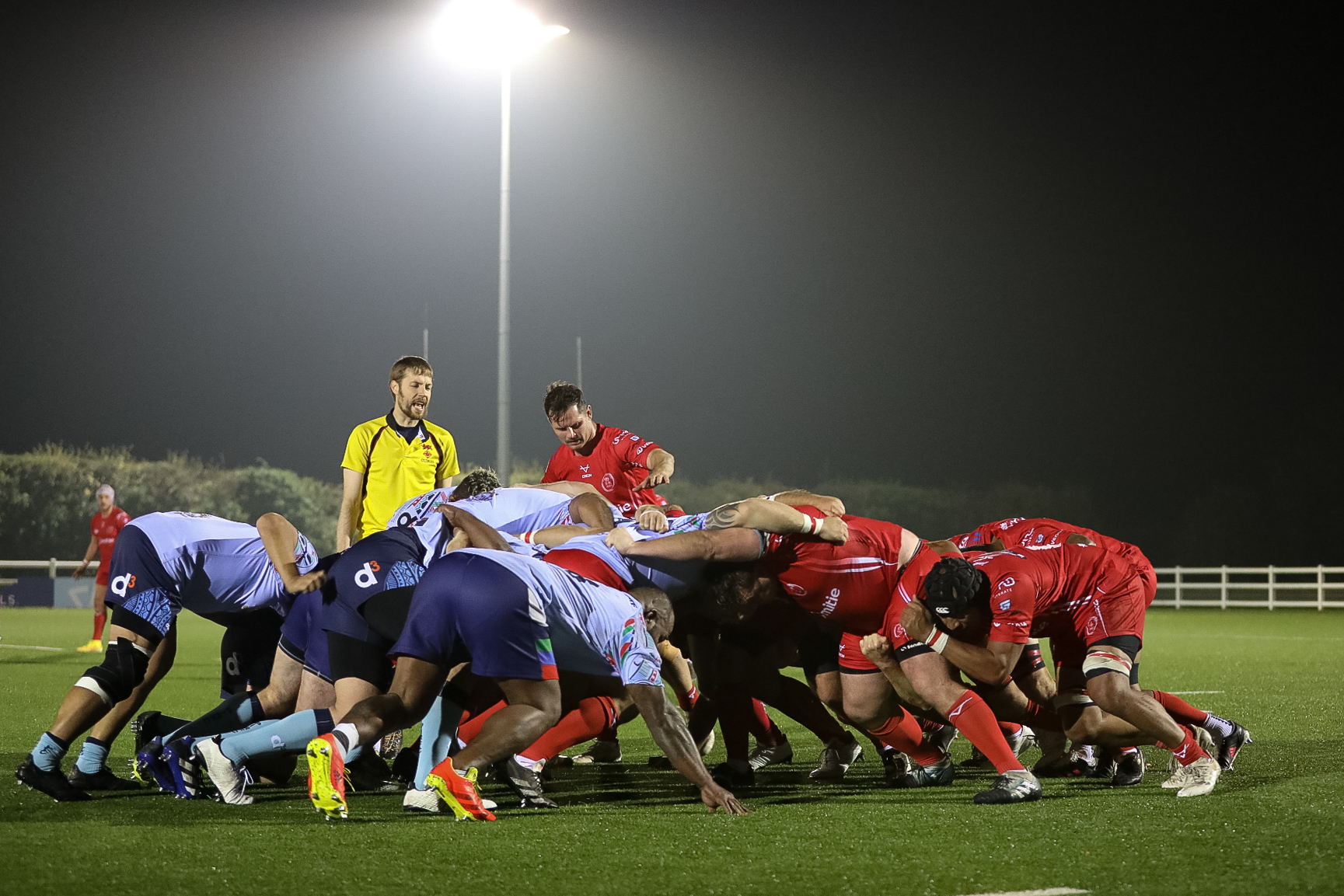
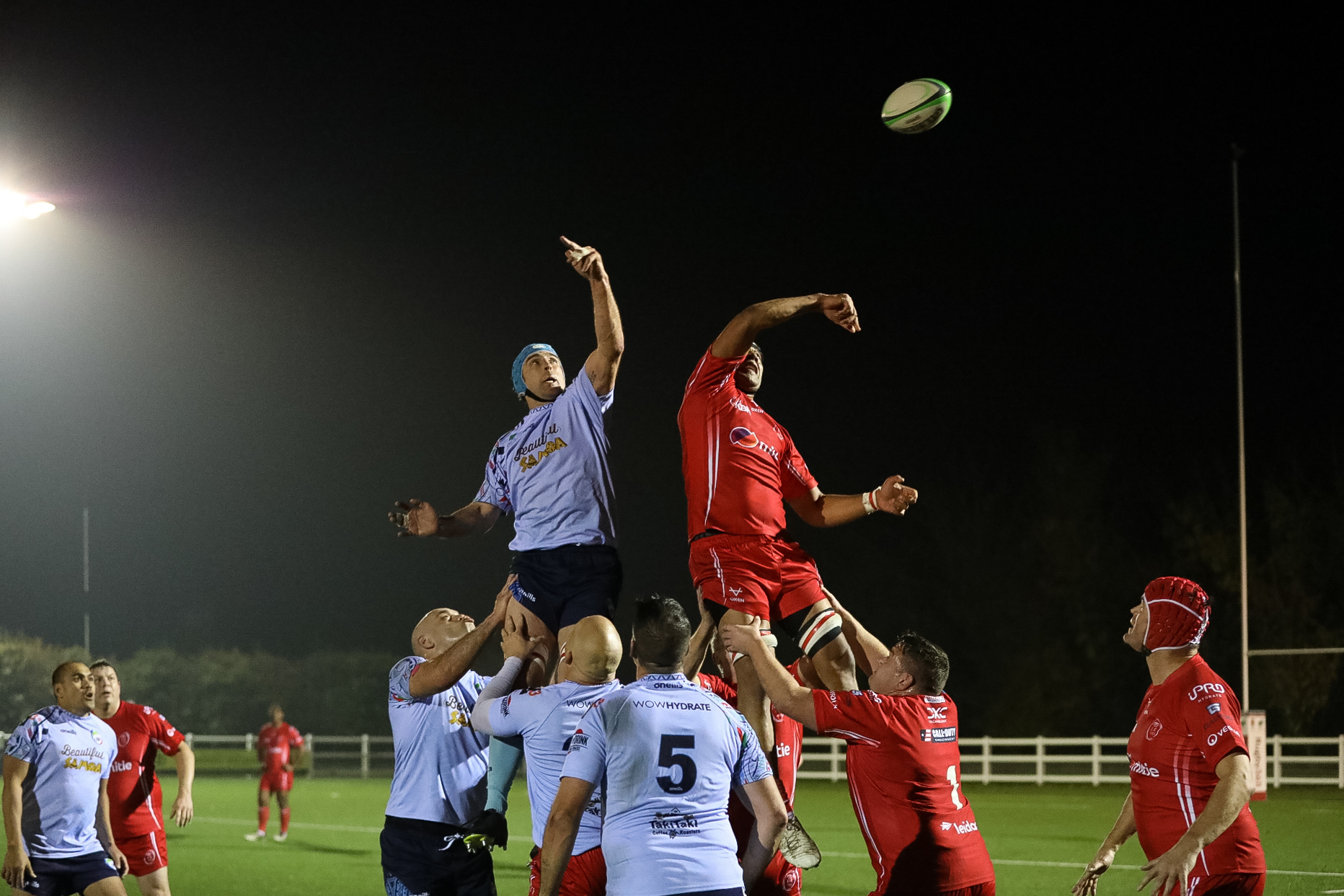
The annual match v the Pacific Islanders is always a physical test, the Masters fixture list in the new year continues to provide stern tests in preparations for the Inter Services.
Images – Alligin Photography © Cat Goryn
Capt Eastley acknowledges that his own workload has increased considerably following the step-up from forwards coach to becoming the top man, with time spent on planning effective training sessions and presentations, providing feedback to players, coaches and staff, and daily calls with team manager Capt Sutty Sutton (Para).
“One of the biggest challenges for any representative side is that you only get the players for such a small period of time,” Capt Eastley says. “When you meet on a Monday and play on a Wednesday you can have a heavy day on the Monday but not follow that up with another heavy day, because you need the players to play on a Wednesday. So it’s ensuring that training programme regimes benefit what you need to get out of the players. They have the time to learn, and give them the opportunity to put it into game play, that they’re not too tired.
“You don’t get to be over-35 and playing a decent level of rugby without learning a few things along the way! Some of it is that we can take the guys off their feet and learn in a different way, and we need to identify where we can do that. We do need to get contact and physicality into us, but we also need to lessen the load as well. If we achieve what we want to achieve out of a 90-minute session in 75 minutes then we’re happy to cool down and take the extra minutes as recovery.”
Capt Eastley is also quick to credit the Masters’ medical and strength and conditioning staff as well as the players’ positivity not just for the way they prepare themselves physically before each match, but also how they combine their rugby with their day-to-day work challenges.
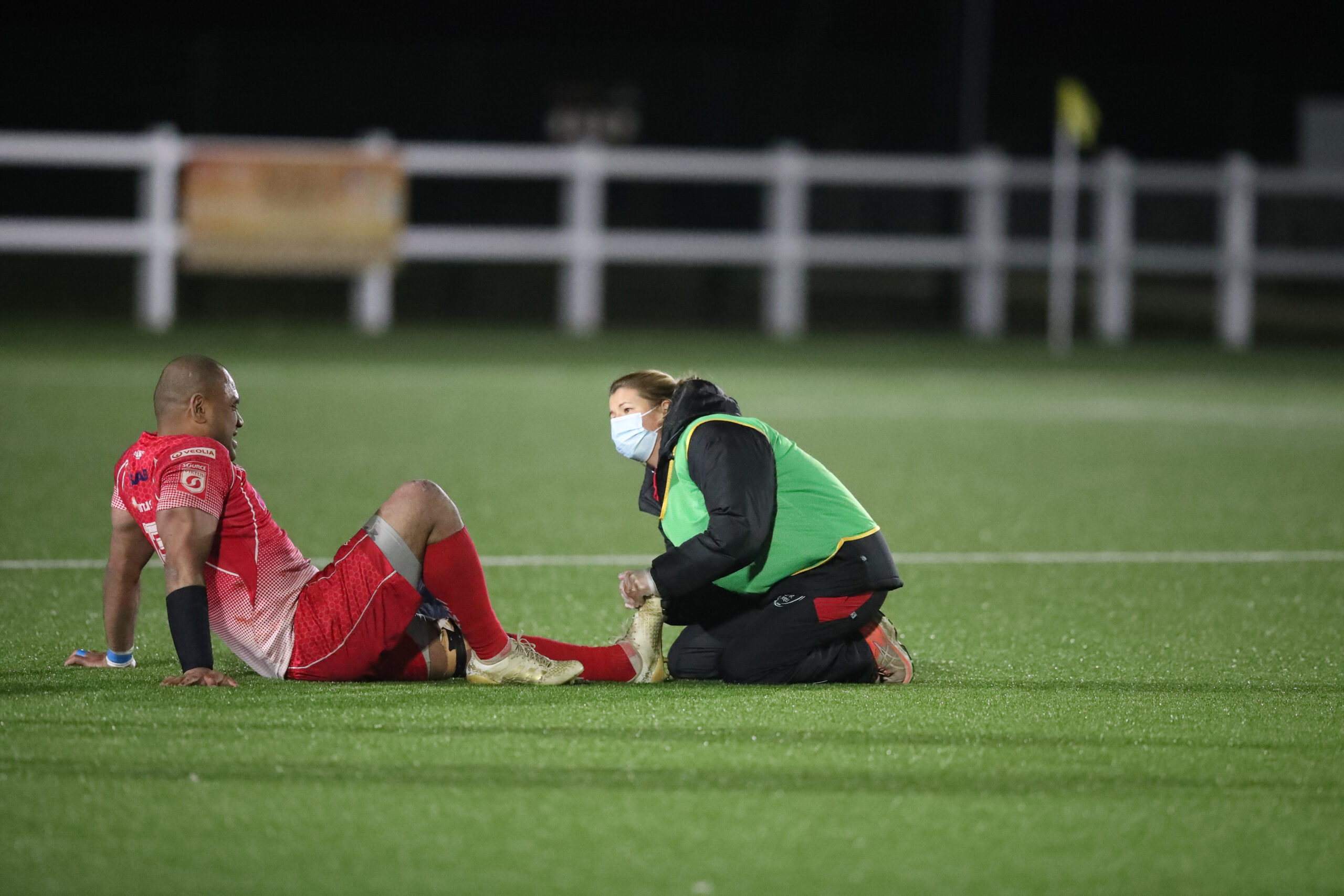
Every member of the squad from players, coaches, medical staff and management are integral to the success of the team.
Image – Alligin Photography © Lee Crabb
“The Army is getting smaller, and everyone is much more accountable, so it’s identifying those opportunities, and the more management we can get away for those kinds of opportunities it should be ten-fold at the lower levels,” he says.
“All our guys have laptops now, so we end up having to catch up on work and emails, whether that’s at night or pulling extra time before we go away.
“It’s a massive pressure release for those players, but within the Unit and Regimental systems as well, if we can get our Sergeant Majors, LEs, or RSMs away playing rugby in a competitive environment then what’s stopping the youngsters, the Privates, Riflemen or Sappers, to do the same? It reduces the barrier a bit.”
Sport also provides a forum for informal networking and sharing of best practice among personnel in similar positions across different cap badges who might otherwise not have such opportunities.
“The networking piece does happen quite a bit as well,” Capt Eastley says. “You’re together for three days, and much as we might want to talk about rugby 24/7, work sometimes does get in there! I’ve heard about loads of examples of that happening, and last year I was doing the same with Deano, who was constantly picking my brain after taking a new job.”
When all is said and done, however, what matters is what happens on the field, and in this regard Capt Eastley is excited by what could be coming just around the corner.
“There are a lot of doubters out there about Masters rugby, but I will always say to people to come and see what we’re about, that we are fast and we are physical,” he says. “I think it brings massive value, and the fact you have competitive individuals who are willing to go and play some highly competitive games says it all.
“Some of the guys wouldn’t have had the opportunity to break into the senior squad as they were going through their work careers or personal lives, so this is their opportunity to wear the red shirt and play against the RAF and Royal Navy, which could be the highlight of their careers.”
The Army Masters host the English Fire Brigade at Aldershot on Wednesday, January 11th. Kick off is 1900hrs and all are welcome.
Words © New Dogs, Old Tricks
Header Image – Alligin Photography © Cat Goryn
Featured Image provided by Mark Eastley
